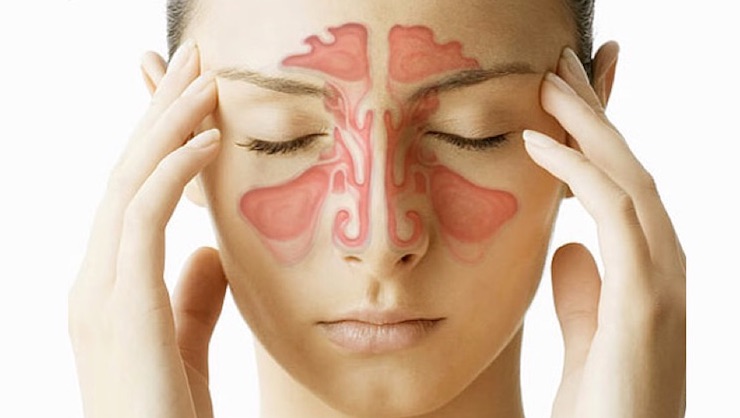Inflammation can cause depression, science says

Depression should be treated as a physical illness – not a mental disability. With “mental incapacity” comes a stigma of weakness. This is why this issue is something that people understandably have trouble admitting when they have it. But will people be less ashamed of their depression if it is viewed as a physical condition? Because that’s exactly what it is, according to a growing number of scientists.
Inflammation and depression.
A clinical psychologist told, “I don’t even talk about it as a psychiatric condition anymore. Depression involves psychology, but it also involves biology and physical health in equal measure. “
In other words, depression has as much to do with the body as it does with the mind.
It seems obvious enough, but when people are sick, they show classic signs of depression: lethargy, listlessness, and an inability to reach out of the gurney on their own. So, could there be a common cause of depression and feeling physically unwell? Recent research says yes. It is inflammation.
Anxious depressive state after inflammation.
Research has shown that healthy people can be temporarily put into a depressed anxious state when given a vaccine that causes increased inflammation. A family of proteins called cytokines triggers inflammation in the body, and shifts the brain into disease mode.
Both cytokines and inflammation have been shown to attack during depressive episodes and stop in periods of remission in bipolar people.
Another researcher, believes that infections are the most likely cause behind inflammation, going so far as to say that we should rename depression an infectious disease – but it is not contagious.
However, infection is not the only way to incite inflammation. A diet rich in trans-fat and sugar has been shown to promote inflammation, and obesity is another risk factor because body fat, especially around the abdomen, stores large amounts of cytokines.
Depression as an answer.
It seems that depression is a kind of allergic reaction to our own lifestyles. Stress, especially the kind induced by social rejection or loneliness, also causes inflammation. We are literally eating, drinking, and isolating ourselves into inflammatory states – and therefore depressive.
There is hope, however. We can change our diet to reduce this inflammation. Additionally, clinical trials conducted to date have found that adding anti-inflammatory medications to antidepressants not only improves symptoms, but also increases the percentage of people who respond to treatment, but more research needs to be done when in this regard, anti-inflammatory antidepressants, although an important step, should not be the definitive solution.
A psychiatrist said that in between five and ten years there may be a blood test that can measure inflammation in people with depression, so they can be treated accordingly.
Maybe it would help, too, if people don’t view people suffering from depression with stigma. Inflammation is a condition that rears its ugly head in every person at any given time. If depression could be thought of as something as common and inevitable as inflammation, perhaps we would all be more understanding.


